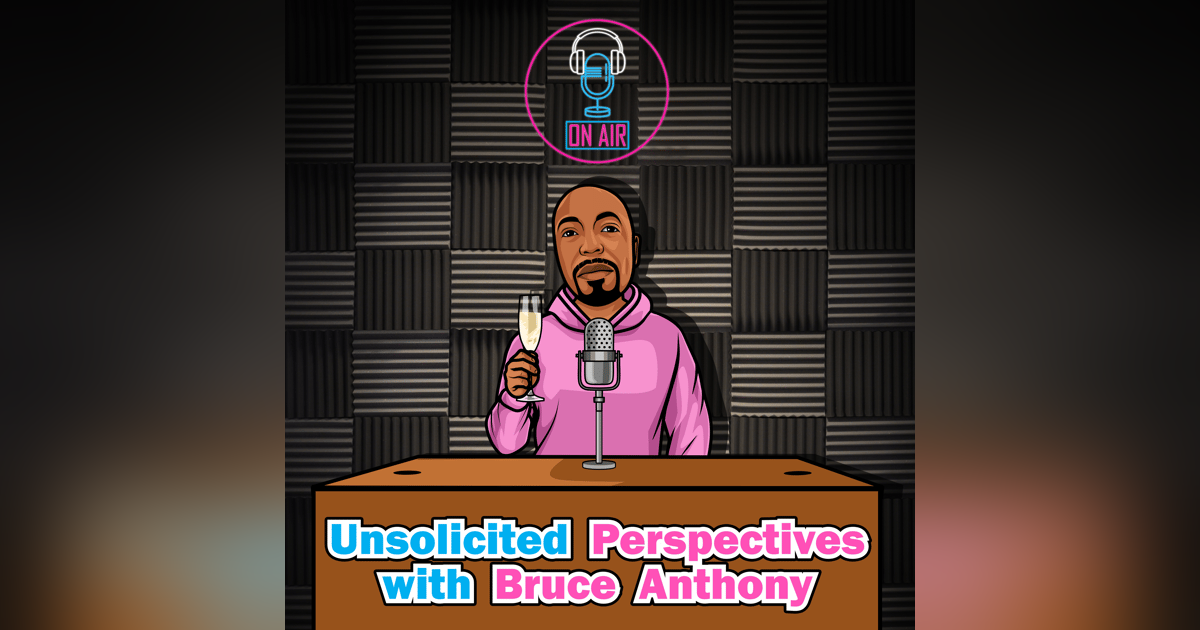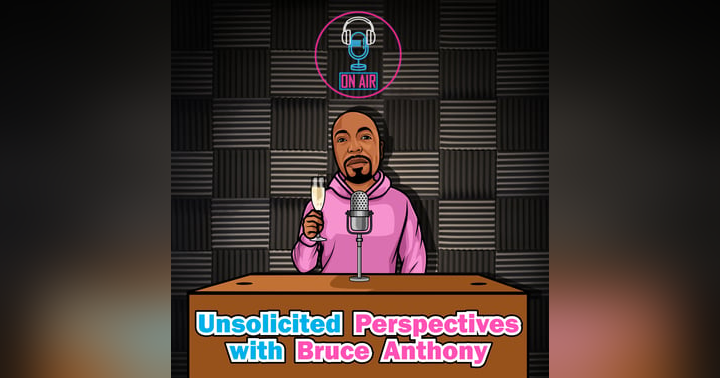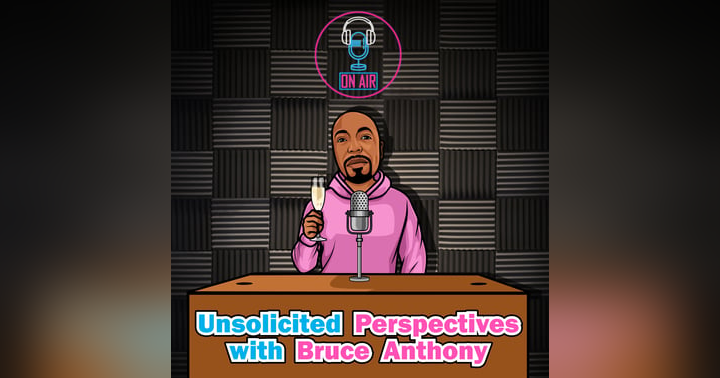Law and Order, or Just Order Over Law? Trump’s Federal Police Takeover in D.C.
If you live in Washington D.C., congratulations — you just won the prize for being the first city in modern American history to have your police force put in “time-out” by the President of the United States. In August 2025, Donald Trump ordered a federal takeover of the D.C. Metropolitan Police Department, deploying 2,000 National Guard troops and federal agents to patrol the capital. According to Trump, this was necessary to combat “rampant crime.”
The only problem? Violent crime in D.C. was already at its lowest rate in decades.
That’s like sending a SWAT team to a kid’s lemonade stand because they gave you too much sugar.
Trump even showed up in person — flanked by law enforcement — promising to call in the actual U.S. military if needed. The “operation” was set for 30 days, but let’s be real: when has government power ever gone back neatly in its box after 30 days? (Ask the TSA how that temporary post-9/11 security plan is going.)
Critics called it a manufactured crisis, a PR stunt, a flex designed to project strength. And they’re not wrong.
Who’s Next on Trump’s “Crime Wave” Tour?
Trump didn’t stop at D.C. He named Chicago as “probably next,” with New York City on deck. His son Donald Trump Jr. hinted at Portland, Oregon too — because, you know, nothing says “law and order” like sending troops to fight the anarchists at Powell’s Bookstore.
Notice a pattern? All Democratic-led cities. All with large Black populations. All with Black mayors.
D.C. – Mayor Muriel Bowser (Black woman, Democrat)
Chicago – Mayor Brandon Johnson (Black man, Democrat)
New York City – Mayor Eric Adams (Black man, Democrat)
It’s almost as if the “crime” Trump sees isn’t about statistics at all — but about who runs the cities, and who lives there.
Crime Facts Don’t Care About Your Politics
Here’s where the hypocrisy hits hard: if Trump really wanted to crack down on “the most dangerous cities,” he’d be sending troops to Jackson, Mississippi or St. Louis, Missouri or Birmingham, Alabama — cities with homicide rates that make D.C., New York, and Chicago look like retirement villages.
Thirteen of the twenty U.S. cities with the highest murder rates are in Republican-run states.
But deploying troops to Mississippi doesn’t send the same political message as marching them through Chicago’s South Side or Brooklyn. This isn’t about crime. It’s about control.
The Cost of “Bending the Rules”
History gives us a warning: every time governments expand police power beyond its normal limits, human rights shrink.
Civil liberties erode. Remember New York’s “stop and frisk”? Millions of Black and Latino residents stopped for no reason, almost nothing to show for it, and eventually ruled unconstitutional.
Excessive force spikes. Peaceful protests often end with pepper spray, tear gas, or rubber bullets — especially when those protests involve racial justice.
Political dissent gets crushed. From Jim Crow to the War on Drugs, expanded policing has often meant suppressing communities of color and silencing political opponents.
Accountability disappears. The more unchecked authority police have, the less recourse citizens have when abuses happen.
Trump’s D.C. takeover isn’t just about a city. It’s about setting a precedent where federal power can bulldoze local autonomy whenever it’s politically convenient.
Another Way: Baltimore’s Blueprint
While Trump was busy cosplaying as a law-and-order sheriff, just up I-95, Baltimore was writing a different story.
Mayor Brandon Scott didn’t call in troops. He didn’t militarize the streets. Instead, he treated violent crime like a public health crisis.
Group Violence Reduction Strategy: Directly engaging with people most at risk of violence, offering support, and reducing retaliatory shootings — without mass arrests.
Public health investments: Jobs, housing, youth programs, trauma treatment.
Data-driven policing + community trust: Targeted intervention, more solved cases, and collaboration with federal investigators, not federal soldiers.
The results? In 2025, Baltimore saw a 28% drop in homicides and the lowest violent crime rate in 50 years. Not by treating its residents as enemy combatants, but by working with them as partners.
Final Thoughts
Trump’s federal police takeover of D.C. isn’t about crime. It’s about optics, control, and yes, race. Because when cities with Black mayors and large Black populations are painted as “lawless,” it becomes easier to justify extraordinary force — and to normalize bending the rules of democracy.
The irony? While the President plays soldier, real progress is being made elsewhere with strategies that actually reduce crime without eroding rights. Baltimore proves you don’t need troops in the streets to keep people safe.
So here’s the choice in front of us:
Do we want a country where “law and order” means more soldiers, more force, more erosion of rights?
Or one where public safety comes from investing in people, not policing them into submission?
Because if history has taught us anything, it’s that once you hand over your rights in the name of “safety,” you don’t always get them back. And the only thing scarier than crime in the streets… is freedom under lock and key.



















